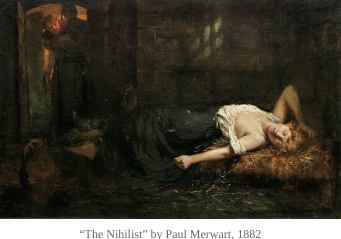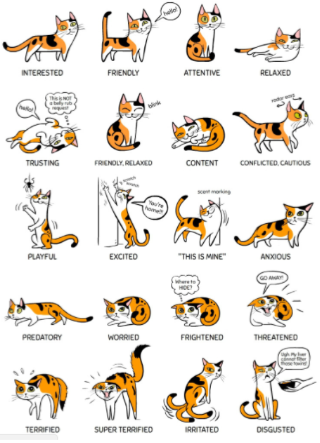I Think, Therefore I Am

March 1, 2023
Do you exist? Why do you exist?
These are questions we ask ourselves at some point in our lives. They are arguably crucial questions you must ask yourself at least once in your lifetime. We have been questioning ourselves, our earth, and our universe for centuries; ever since we ceased to exist. As you read this, you are existing somewhere, at some point in time. Once you sit down and begin to think about your existence is when you truly discover the depths of yourself.
Now, pause for a moment and begin to consider these questions as you read:
- Why do you exist?
- What’s valuable to you? Is anything valuable to you? If not, why?
- What are your standards of the world? Of yourself?
Are you thinking about them? Great. Keep in mind that philosophical ideals aren’t solid or set in stone, they are progressive ideas that are constantly and always debated and challenged. Think of it like a fluid, with no solid shape or form. Philosophy can be described as the best continuous and comprehensive thought process humans have developed.
Types of Philosophy
There are many variations and subsets of philosophy presented by different people and challenged by different people. The reason why we question and challenge ideas is the reason why we are so advanced in today’s world. Philosophy is the medium of our minds. It is a paintbrush and we are the artists; creating, imagining, and thinking.
Want to find out what your personal philosophy is? Go here to find out. Read the guide below to see what each means!
Nihilism
Let’s start by covering the philosophical idea of nihilism. In definition, being a nihilist means believing the world is without purpose– that existence and human suffering are meaningless and unreal. Many say that nihilism officially originated in 19th-century Russia as an epistemological scepticism, others say that it appeared first in Ancient Greece, since it was Gorgias of Leontini who famously said “Nothing exists; even if something exists, nothing can be known about it; and even if something can be known about it, knowledge about it can’t be communicated to others.” Wherever it may have come from, the hotter debate about nihilism is if it is a moral way of thinking or not. Although it is dark, senseless, and in some cases a formula for depression, many people do still think this way. They are nihilists without even knowing.
A few examples of nihilism in media consist of;
- The Brothers Karamazov by Fyodor Dostoyevsky (1821-1881)
- American Psycho (2000)
- Rick and Morty (2013)
- The Joker (1940-2016)
Epicureanism
Epicurean philosophy began in Ancient Greece, led by the philosopher Epicurus. The main idea about Epicurean philosophy is rejecting any pain, and consuming all the happiness in one’s life. That does not mean a person with this philosophy won’t come across any suffering, but rather it means to dismiss the concept of agony. It is often confused with stoicism, but they are not the same idea. They hold similar characteristics; however stoicism is enduring pain, while epicureanism is ignoring it.
Stoicism
Stoicism is the enjoyment of deciding what matters most and enduring all challenges. When a life event—whether a great or negative one—occurs, it is to ignore intense feelings. Zeno of Citium established the philosophical school of Stoicism in Ancient Greece. Many people claim that stoicism is a highly beneficial way of life, and it is true that giving it a try doesn’t hurt. You discover greater joy and give yourself permission to live a more tranquil existence.
Rationalism
According to the notion of rationalism, decisions should only be made when they are supported by logic and not by emotions or religious conviction. A rationalist thought would be, for instance, that “Crossing a person’s boundaries is wrong.” Descartes, a French mathematician and philosopher, is regarded as the first modern rationalist. He is well known for his “I think, therefore I am” or “Cogito, ergo sum” thought, which asserts that since you have the capacity to think, you exist.
What Does This All Mean?
In all, philosophy has allowed many to express ideas and to debate the reason behind all that exists. Without the questioning of the environment around us, we would still be living inside caves, waiting for the light to peer inside and for the dark to cover it up again. But we as a human race over centuries have developed and achieved many great things. From landing on the moon, to advancing in healthcare, these improvements have all come from the advantage of questioning.
Works Cited
Hatfield, Gary. “René Descartes (Stanford Encyclopedia of Philosophy).” Stanford Encyclopedia of Philosophy, 3 December 2008, https://plato.stanford.edu/entries/descartes/. Accessed 31 January 2023.
Sus, Viktoriya, and Luke Dunne. “10 Philosophical Concepts You Should Know.” TheCollector, 27 January 2023, https://www.thecollector.com/10-best-philosophical-concepts-to-know/. Accessed 31 January 2023.














